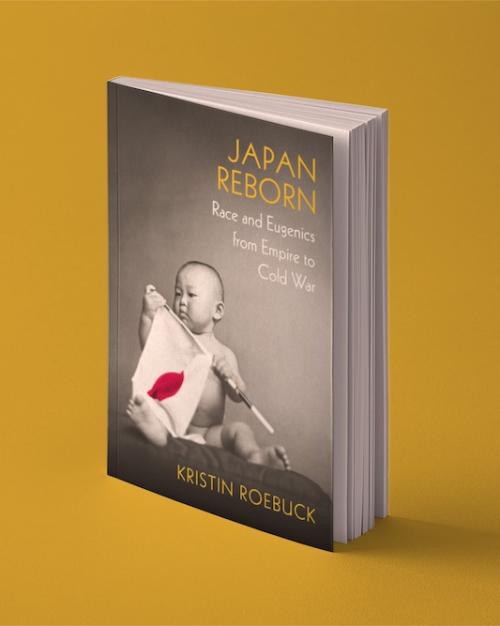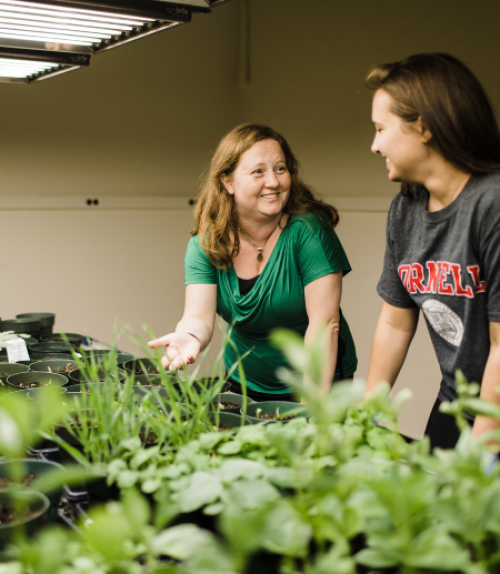Most people know Cornell's reputation as a research university, but my own experience with research was non-existent before this year. Like anything unknown, the prospect of getting involved in research always seemed a bit daunting to me. I didn’t really have a good understanding of what research meant for me, or how it could actually help me in the future. Despite my reservations, I knew I had to explore research at Cornell, whether I ended up enjoying it or not. It was an experience I just could not miss out on.
Fast forward, it’s sophomore year, and I’m part of the Cornell Institute of Host-Microbe Interactions and Disease (CIHMID) program. CIHMID pairs students with microbiology labs based on their specific interests. The accepted students are expected to learn not only the ropes of the lab and basic techniques, but also gain a deeper understanding of the lab's research. We also take a semester-long seminar that gives us the opportunity to interact with fellow members and learn more about their research. The goal for CIHMID students is to eventually pursue our own projects and perhaps even publish a paper on our work. I applied at the end of freshman year because I was intrigued by the human gut microbiome. I felt that this program was perfect for me because it was tailored for people with no prior research experience, and it promised to teach me everything I would need to know to be successful.
I’ve now been with Assistant Professor of Microbiology Tory Hendry’s lab for almost a full academic year, and it has been an amazing experience. Our lab focuses on host-microbe interactions, specifically that of plants, insects and bacteria. Our main host organism is the aphid, a tiny sap-sucking insect that is a major agricultural pest. We study its interactions with common plant pathogens, particularly how they respond to and avoid this harmful bacteria. We also explore the relationship between these aphids and their own symbiotic bacteria. Some can be extremely harmful to the host, while others are needed for the host to survive.
For my research project, I wanted to focus on the gut of these aphids. As humans, healthy gut bacteria is essential to keep our body working properly, as well as to protect against disease. I wondered if gut bacteria in aphids would have a similar "protective" role.
I have learned so much about a topic I once knew nothing about, gained confidence in my research skills and even formulated my own questions and experiments. What I’ve gained from this experience — responsibility, critical thinking skills, great connections with faculty, resilience and the ability to pose a question and work toward solving it — I will take with me into my future endeavors.
My initial fear of being underqualified prevented me from reaching out to labs, but I realize now that I had the wrong mindset. The Cornell research community welcomes you with open arms, no matter where you are in your research journey. Researchers want students who are committed, curious, excited about learning and willing to keep an open mind. By following your passions and taking the time to search, you will find the lab for you.




